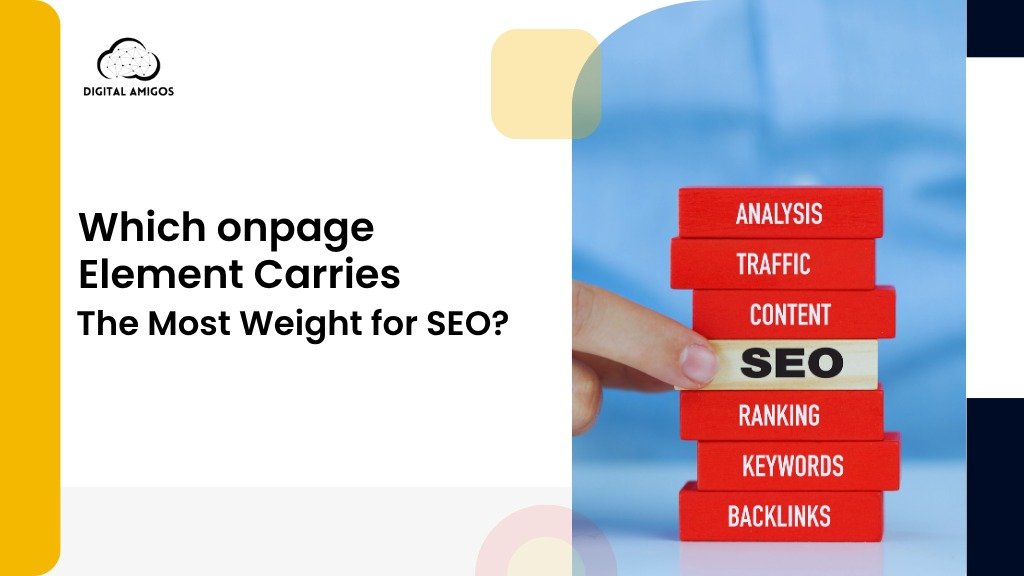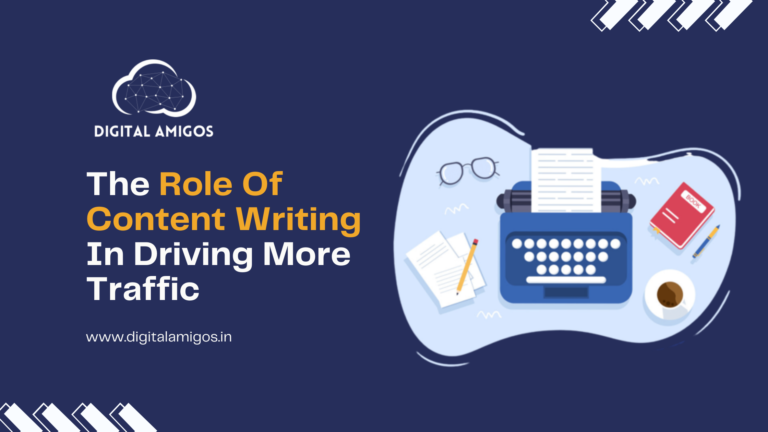Which On Page Element Carries The Most Weight for SEO?
Improving a website’s visibility in search results starts with understanding what truly matters on the page. Among various factors that influence performance, one specific element consistently stands out for its impact.
In this blog, we’ll take a closer look at that key on-page factor — what it is, why it matters, and how you can make the most of it to strengthen your SEO efforts.
This One Page Element Carries The Most Weight for SEO
The title tag of the page also called Page-Title carries the most weight for on-page SEO. It appears as the clickable headline that shows up in search results. It helps both users and search engines understand what your page is about.
What is a Page Title?
The page title (or title tag) is the main heading that appears in search results. It tells search engines and users what your page is about.

It’s short, direct, and helps Google decide how relevant your content is to someone’s search.
Why Page Titles Are Important
- They tell Google what the page is about
- They help match your page with the right searches
- A clear title increases the chance of people clicking on your link
How to Write a Good Page Title
- Google usually displays the first 50–60 characters of a title. Keep it short so it doesn’t get cut off.
- Use your primary keyword near the beginning of the title so search engines and users quickly understand the topic.
- Avoid vague or generic titles. Let users know exactly what they’ll find on the page.
- Write a title that grabs attention and encourages users to click — think clear, benefit-driven wording.
- Don’t force multiple keywords into the title. It should sound natural and be easy to read.
Tips for Better Page Titles
- Do Keyword Research: Find keywords that have high search intent and are relevant to your topic.
- Avoid Duplicates: Every page should have a unique title to avoid confusion and duplication issues.
- Stay Consistent: Align your page title with the meta description and on-page content for clarity and relevance.
- Monitor & Improve: Track how your title tags perform and update them as needed to improve results.
Balancing Keywords with Human Appeal
A good page title should include important keywords, but it also needs to sound natural and make sense to people.
Search engines use keywords to understand your content, but real users will only click if the title is clear and interesting.
So, focus on both — use the right keywords and write in a way that appeals to your audience.
Other Important On-Page SEO Elements
While the page title is important, it’s not the only thing that helps with SEO. Other on-page elements also play a key role:
- Meta description
- Heading tags (H1, H2, etc.)
- Content quality
- URL structure
- Image alt text
Optimizing these elements collectively supports stronger search engine visibility and contributes to a better user experience.
Conclusion
Your page title is the first thing people (and search engines) see — it’s your website’s introduction.
Get it right, and you increase your chances of showing up in searches and getting clicked.
Think of it like placing a signboard on a busy street — if it’s clear, relevant, and attention-grabbing, more people will walk in. So take the time to write a title that not only ranks but also resonates.








